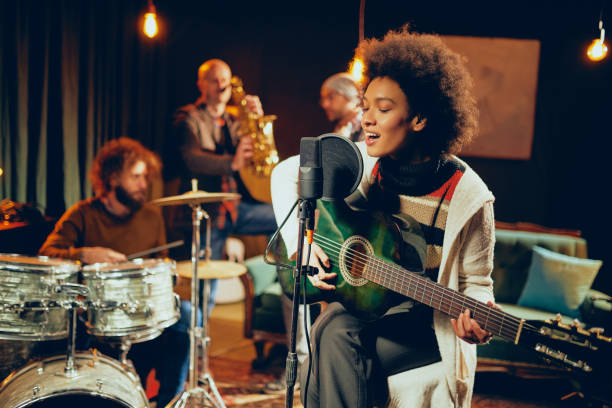The Effect of Music in Film
Experienced songwriter Siobahn Hotaling holds a BA in creative writing from Skidmore College in Saratoga Springs in New York. Though her full-time job is manager of product design at Global Payments, Siobahn Hotaling enjoys songwriting as a hobby and has released two EPs and several singles. Siobahn has written songs in both the singer-songwriter tradition as well as composing instrumental ambient/techno music. Having obtained a master's degree in psychology from Harvard, she is also interested in the ways that music can affect us on an emotional level. The music industry has grown to be a multi-billion-dollar industry, but music plays a role in other creative industries, such as filmmaking. Even though films are considered a visual medium of storytelling, music is an essential component of the storytelling process as it can have numerous effects on the audience and story. Music is processed by the same parts of the human brain that are responsible for triggering and controlling ...






